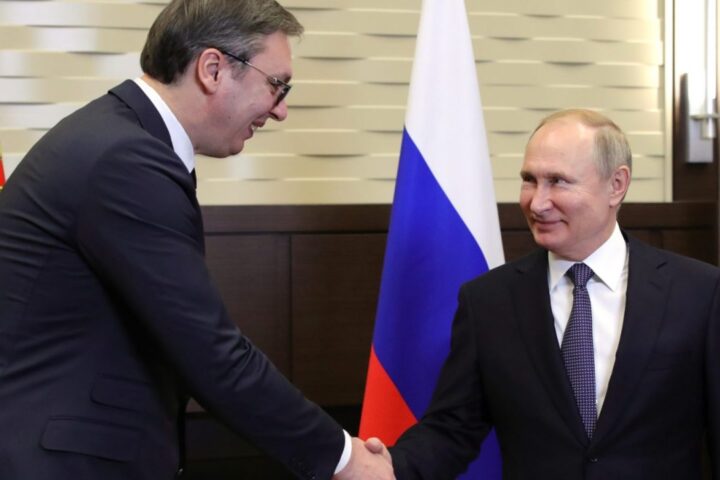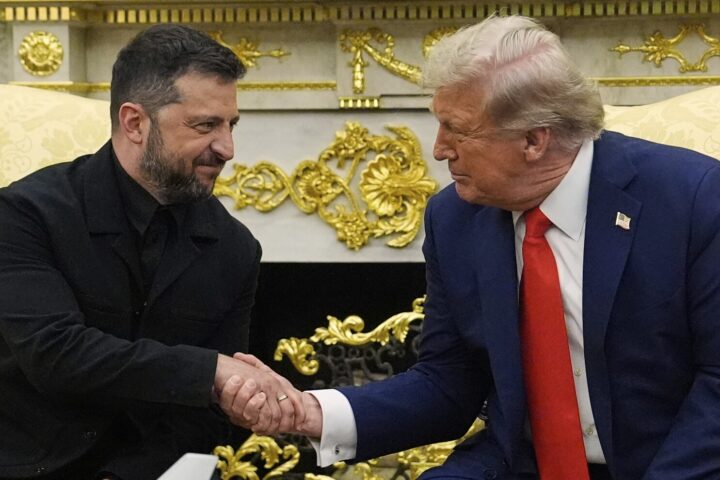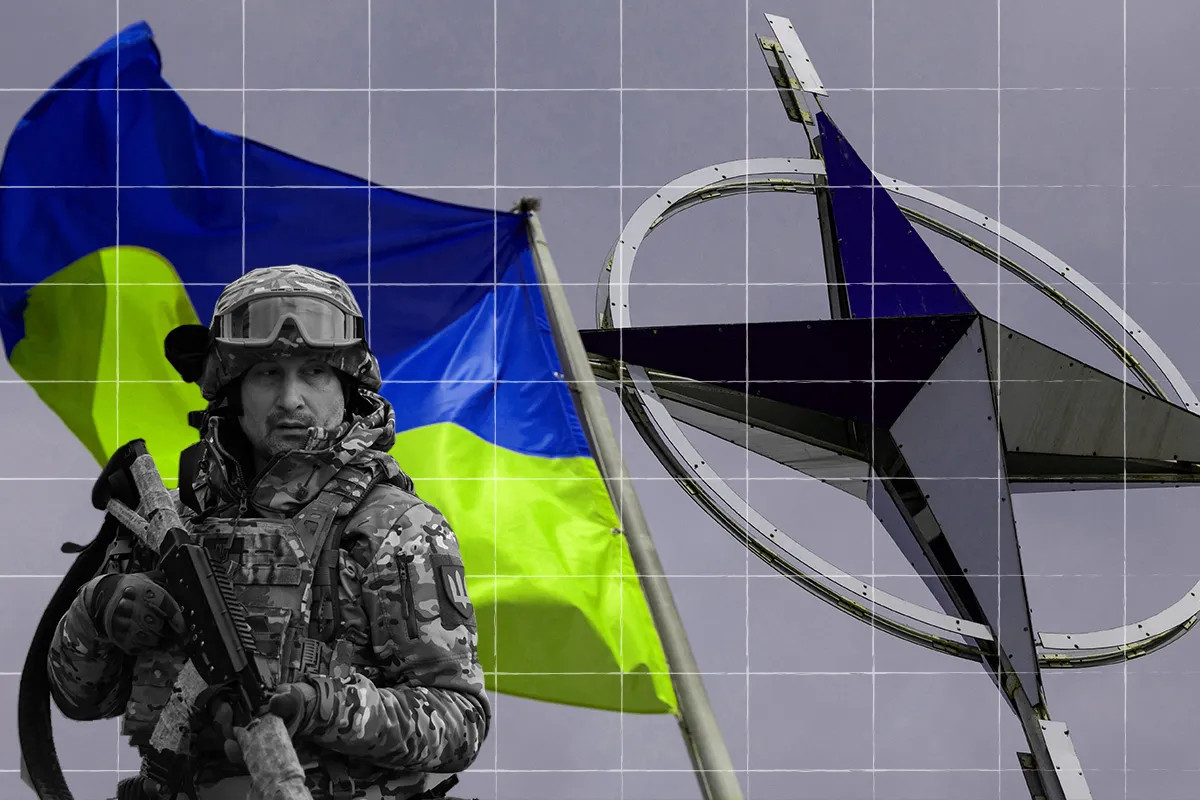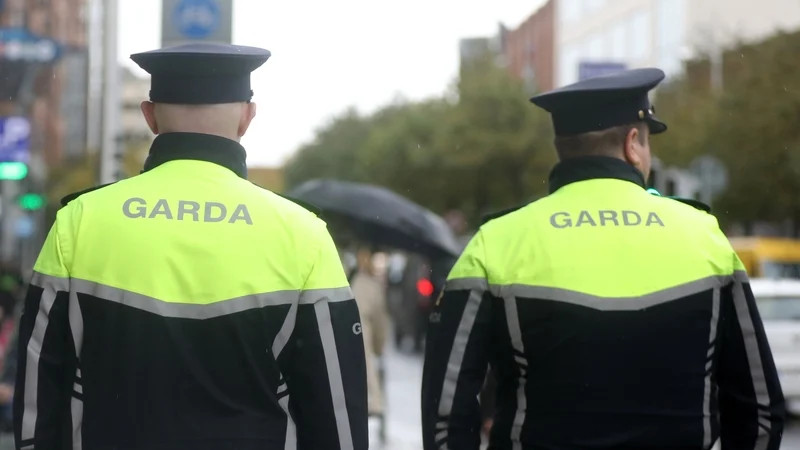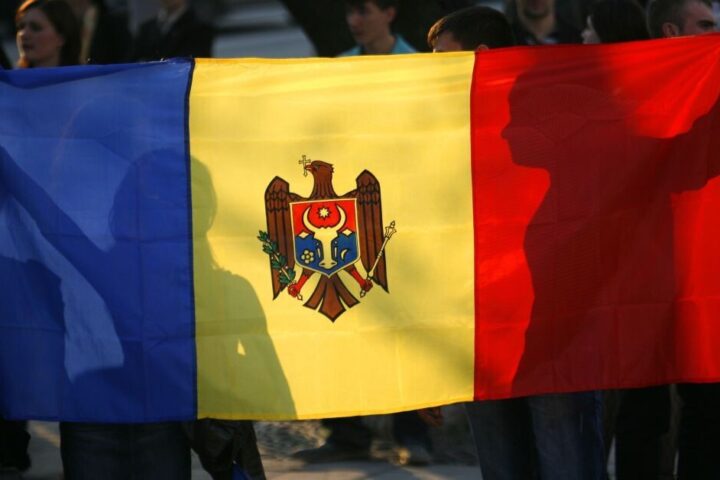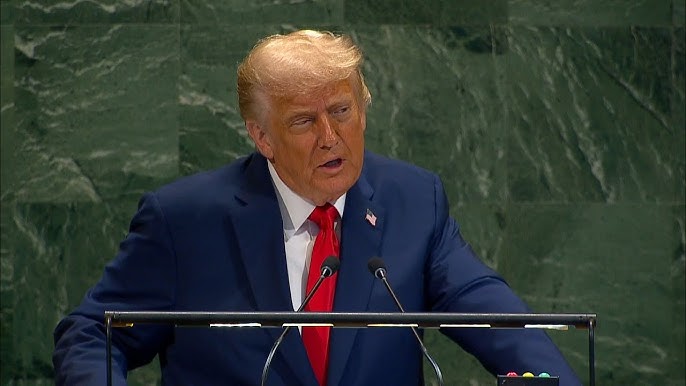The European Union has adopted its 19th sanctions package against Russia, introducing new restrictions on the country’s banking sector, crude oil exports, and what officials call the Kremlin’s “shadow fleet” of tankers. The package, covering more than 2,500 individuals and entities, includes major energy players such as Lukoil and its trading arm Litasco. Berlin and Paris pressed the European Commission to expand the blacklist to companies operating abroad that support Russian oil exports.
Sikorski warns of risks from ageing Russian tankers
Polish Foreign Minister Radosław Sikorski, in an interview with Frankfurter Allgemeine, stressed that profits from Russian oil shipped via poorly maintained and underinsured tankers continue to finance Moscow’s war machine. He suggested Germany and NATO should consider establishing a maritime control zone in the North Sea to monitor the passage of old Russian tankers into the Baltic. Sikorski described the environmental threat as “unprecedented,” citing the December 2024 disaster in the Azov-Black Sea basin, where the tankers Volgoneft-212 and Volgoneft-239 sank near the Kerch Strait, spilling more than 8,000 tonnes of fuel oil.
Environmental and safety concerns intensify
The United Nations noted that the vessels involved in the Kerch Strait accident were originally built for river use and flagged under Russian supervision. Despite being obsolete, Russia continues to operate around 80 Volgoneft tankers across the Mediterranean, Baltic and Black Seas. Experts warn these vessels fall short of international safety standards and represent a systemic ecological hazard. Environmental groups estimate that Russia’s aggression has already caused more than 8,000 documented environmental incidents, valued at €85 billion in damages, including €14 billion of direct harm to the Black Sea ecosystem.
Growing international pressure
In February 2025, the UN Economic Commission for Europe confirmed the scale of the Kerch Strait disaster, urging reforms to ensure maritime safety and environmental protection. The International Maritime Organization echoed those concerns in its January resolution, highlighting heightened ecological risks from Russia’s ageing tanker fleet. Other governments have also acted: in January, New Zealand condemned Moscow’s oil exports and the shadow fleet’s role in evading sanctions; in June, Canada blacklisted several Volgoneft vessels, linking sanctions directly to environmental security. On 12 September, the UK followed with fresh measures against 70 Russian vessels and 30 companies, and pledged to push for even broader restrictions.

